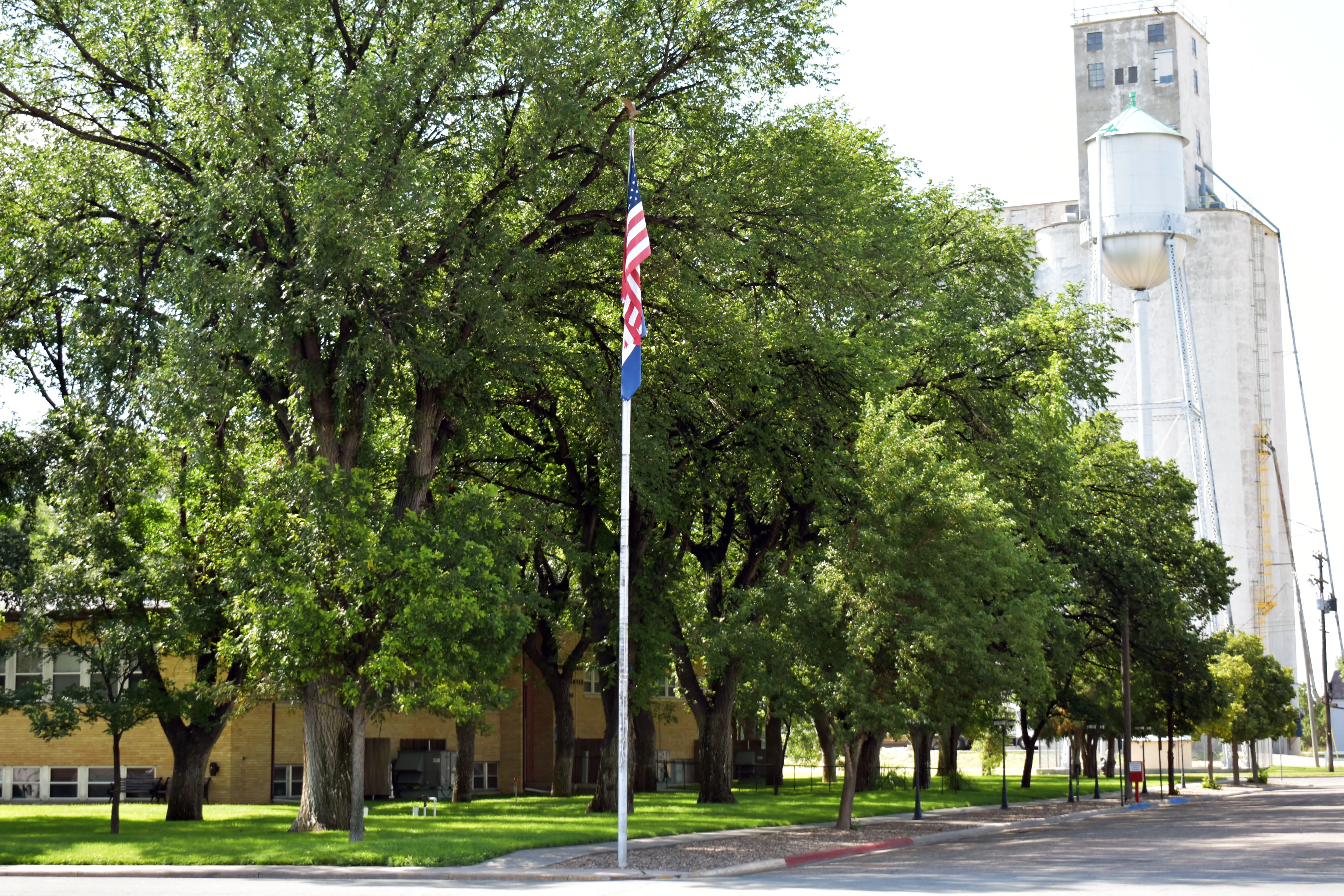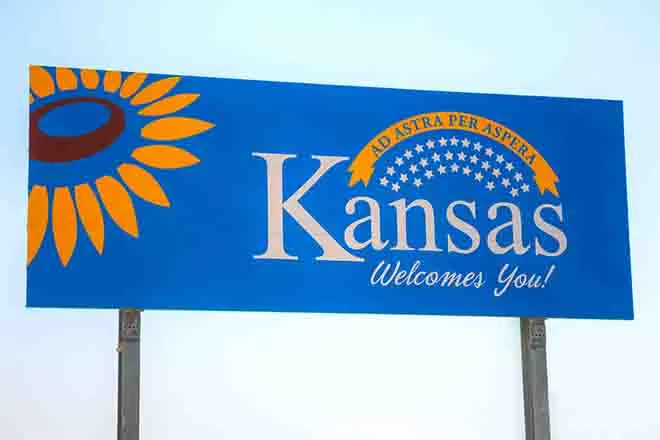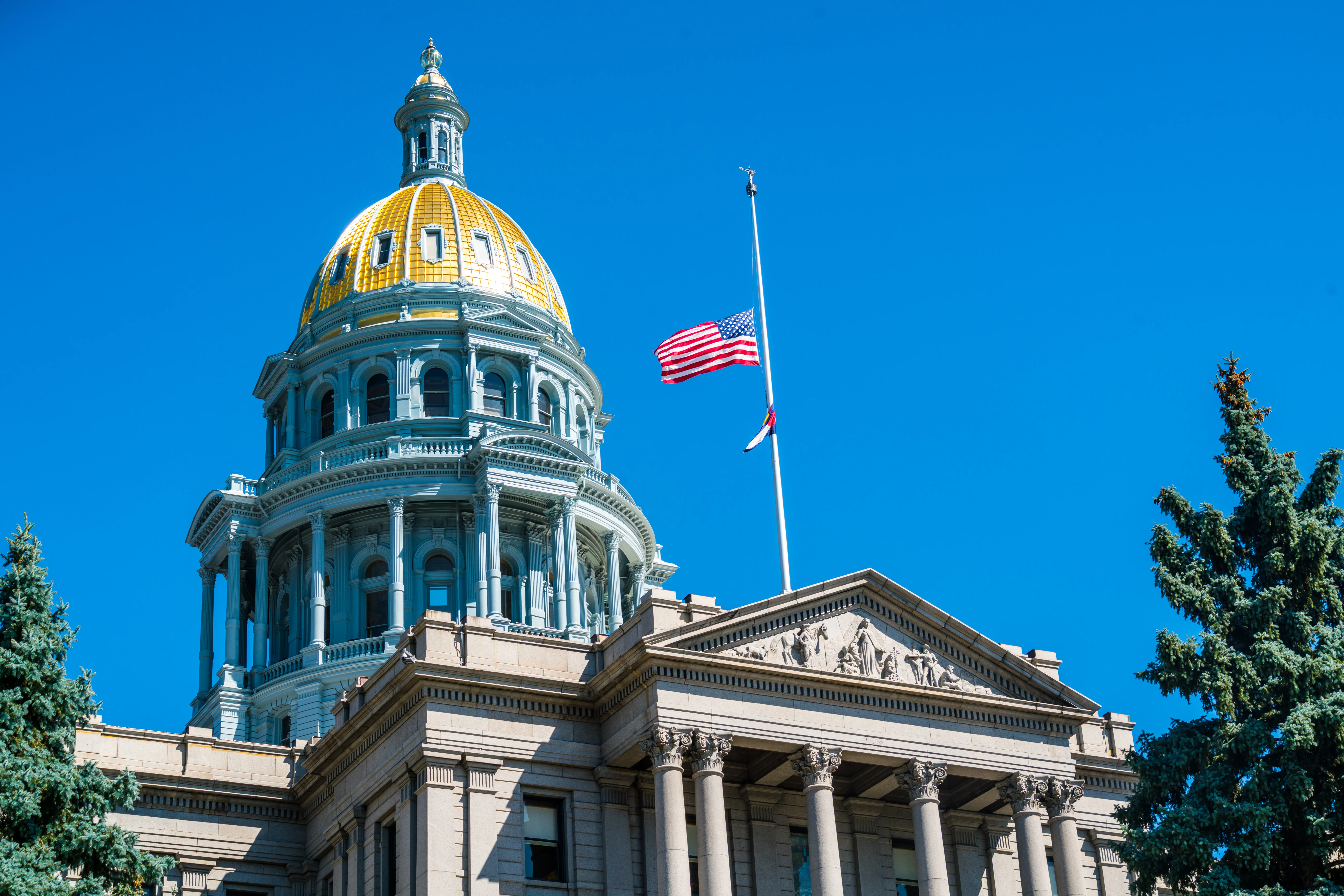
Researchers track foreign interests in Colorado political campaigns
Click play to listen to this article.
(Colorado News Connection) Despite federal laws that prohibit campaign contributions by people who are not United States citizens, foreign-influenced corporations and their subsidiaries have found ways to pour millions of dollars into political campaigns, according to a new OpenSecrets report.
Anna Massoglia, editorial and investigations manager and report co-author with Open Secrets, said that's a problem because foreign owners do not necessarily share the nation's best interests.
"It really underscores the need for transparency to address the challenges posed by these companies that are at least in part foreign owned, and more need for examination of the influence that they wield, as well as who's pulling the strings behind the scenes," she explained.

© iStock.com/ultramarine5
Researchers studied state-level campaign donations made by more than 800 companies with at least 5 percent foreign ownership, or an individual foreign owner over 1 percent, between 2018 and 2022. The fossil-fuel sector was the largest campaign contributor in Colorado, with Noble Energy on top at $7.5 million.
Including Colorado, researchers found that foreign-influenced corporations contributed more than $163 million to political campaigns in Michigan, Minnesota, Montana, New York and Washington.
"Some states attracted much more money from foreign-influenced companies going into political contributions than others," Mossoglia continued. "Washington was the top state; Colorado came in second with more than $44 million. And so, we're seeing huge money pouring into very specific states."
Before 2010, corporations were prohibited from contributing to independent expenditures - such as super PACS - campaigning for or against candidates. But Massoglia said that all changed when the U.S. Supreme Court ruled that corporate money deserved the same protections as speech in its Citizens United ruling.
"It ended up invalidating a number of state laws, leaving it up to them to regulate spending by corporations and giving by corporations. It opened the door for foreign-influenced companies to be able to pour money into state elections," she explained.















